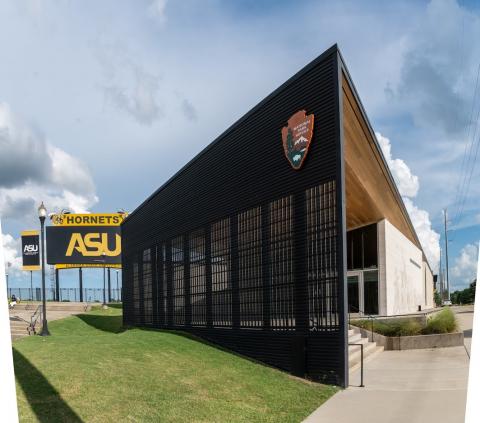Federal Agencies Aim to Boost Research at HBCUs
By Kathryn Palmer In the 14 years Michael Curry worked as a chemistry and materials science professor at Tuskegee University, he and his colleagues got research funding from the National Science Foundation, the National Institutes of Health and other federal agencies. But the grants awarded to Tuskegee—a private historically Black university in Alabama that, like most HBCUs, has battled systemic underfunding dating back to its founding in the Jim Crow–era South—often weren’t nearly as big as the grants received by Curry’s peers at predominately white, Research-1 institutions, such as the University of Alabama or Auburn University. “We had a lack of infrastructure, The post Federal Agencies Aim to Boost Research at HBCUs appeared first on HBCU News.

By Kathryn Palmer In the 14 years Michael Curry worked as a chemistry and materials science professor at Tuskegee University, he and his colleagues got research funding from the National Science Foundation, the National Institutes of Health and other federal agencies. But the grants awarded to Tuskegee—a private historically Black university in Alabama that, like most HBCUs, has battled systemic underfunding dating back to its founding in the Jim Crow–era South—often weren’t nearly as big as the grants received by Curry’s peers at predominately white, Research-1 institutions, such as the University of Alabama or Auburn University. “We had a lack of infrastructure,
The post Federal Agencies Aim to Boost Research at HBCUs appeared first on HBCU News.








/cloudfront-us-east-1.images.arcpublishing.com/gray/BFMUKWSWURCKTM4CQOY4DVUYOA.jpg)





